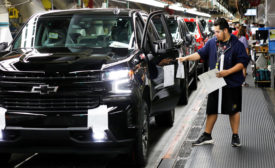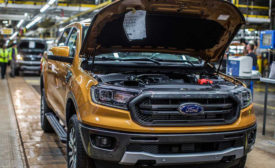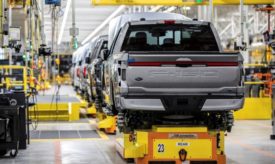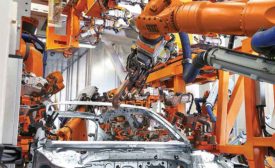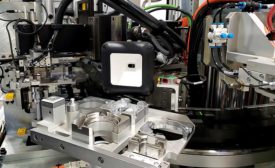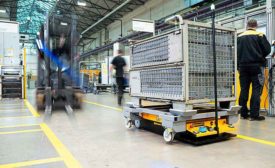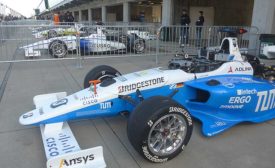Automotive Assembly
Spin Welding for Plastics Assembly
Enhanced data gathering and automation features complement spin welding’s ability to join plastic parts with a round-to-round interface.
February 1, 2022
Never miss the latest news and trends driving the manufacturing industry
Stay in the know on the latest assembly trends.
JOIN TODAY!Copyright ©2024. All Rights Reserved BNP Media.
Design, CMS, Hosting & Web Development :: ePublishing
